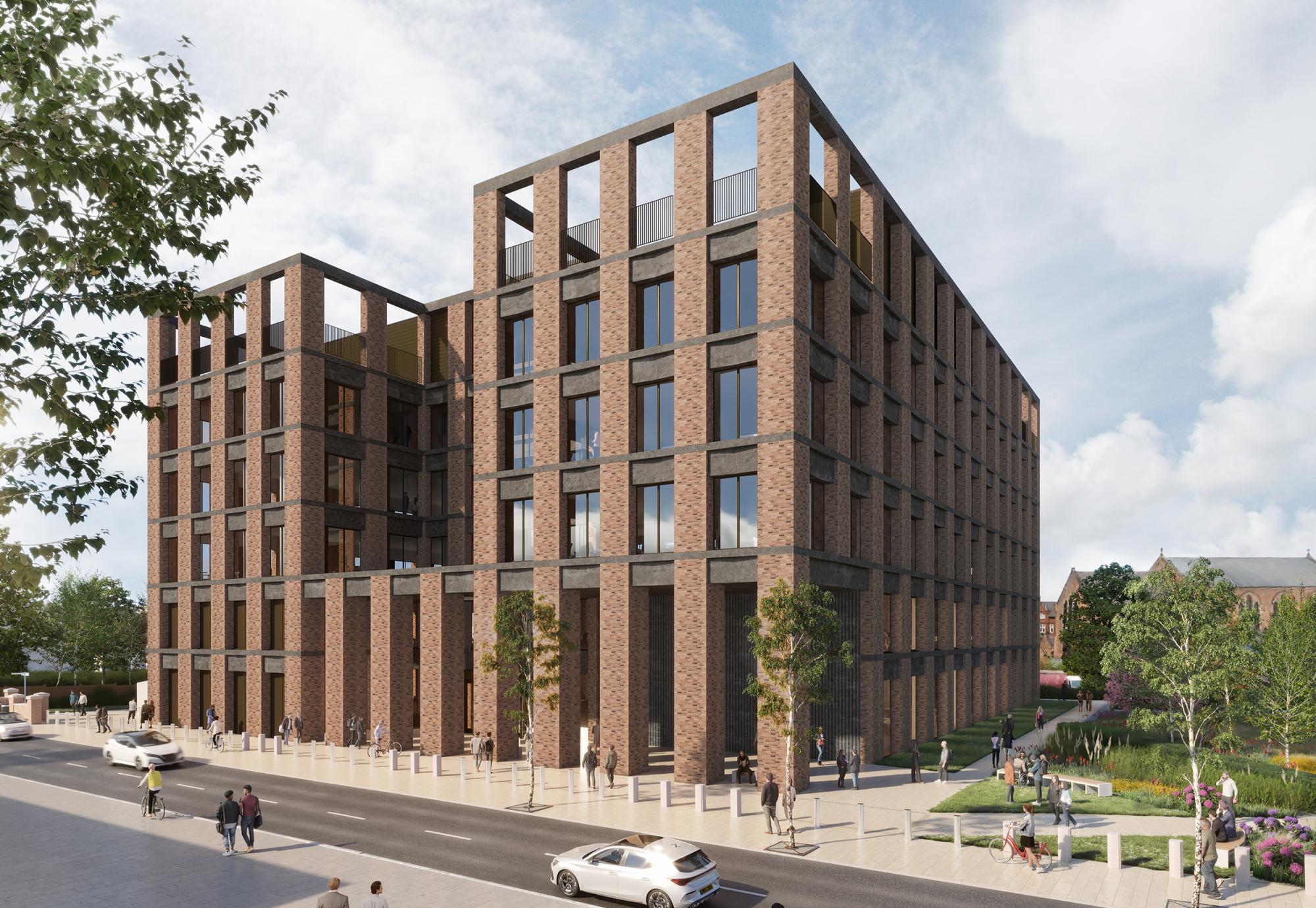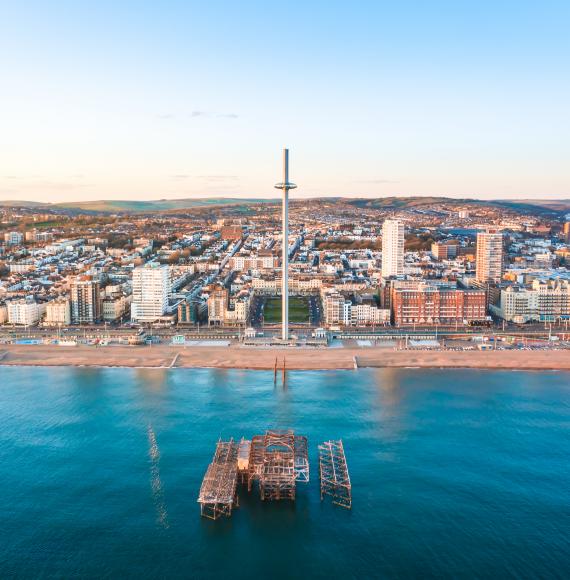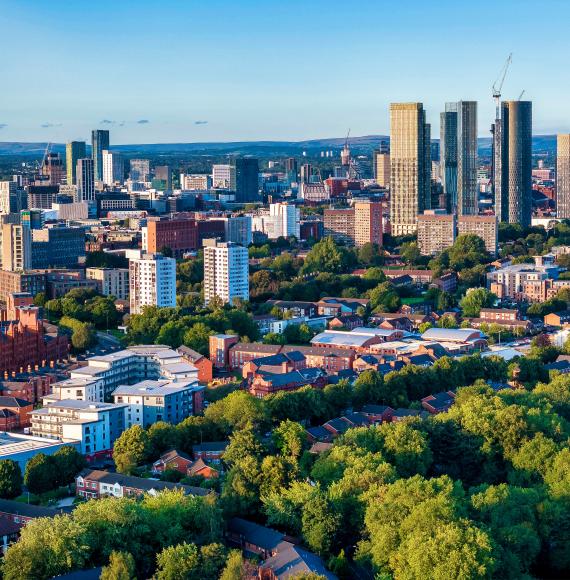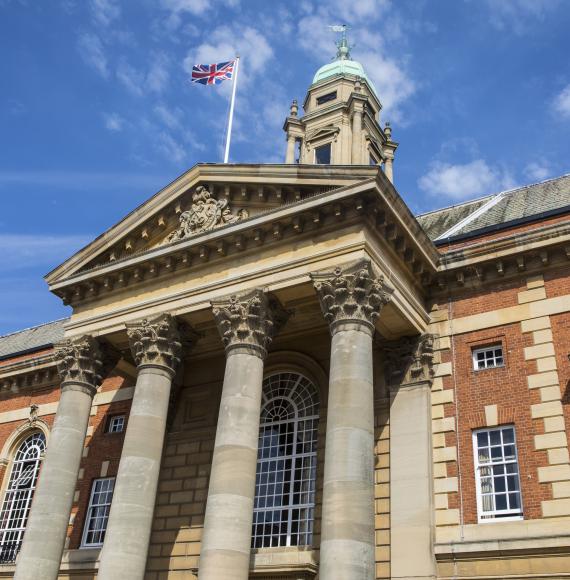Darlington is set to expand its role as a government centre with the approval of a new five-storey office building. The 10,000 square metre hub, to be located on Brunswick Street, will accommodate 1,400 civil servants from various government departments.
This development will complement the existing Darlington Economic Campus, which already houses departments like HM Treasury, the Department for Business and Trade, for whom Darlington will be the second headquarters, the Ministry of Housing, Communities and Local Government, the Department for Energy Security and Net Zero, the Office for National Statistics, the Department for Science, Innovation and Technology, the Department for Culture, Media and Sport, and the Competition and Markets Authority. It also includes the Department for Education who have been based in Darlington since the 1960s.
The Darlington Economic Campus is part of the Government Hubs Programme, a wider initiative to stimulate economic growth by investing in regional offices. By repurposing brownfield sites and creating sustainable workplaces, the government aims to better serve communities across the UK.
Georgia Gould, Parliamentary Secretary for the Cabinet Office, said:
“The new development will support Darlington’s economy and allow the Civil Service to draw on talent and skills across the region. This Government is committed to economic growth in every region of the UK and we will get behind cities and towns to deliver new jobs and opportunities for their communities.”
Second Permanent Secretary to the Treasury Beth Russell said:
This is a great step forward in developing the Darlington Economic Campus. With over 920 new Civil Service jobs already created in the town and 480 more to come, we are offering the opportunity for people in the North East to do government jobs that were traditionally only available in London, making government policy-making more reflective of the communities we serve.
The new hub will create extensive employment opportunities in the town, creating wider economic benefits for the region.
Image credit: UK Government



















